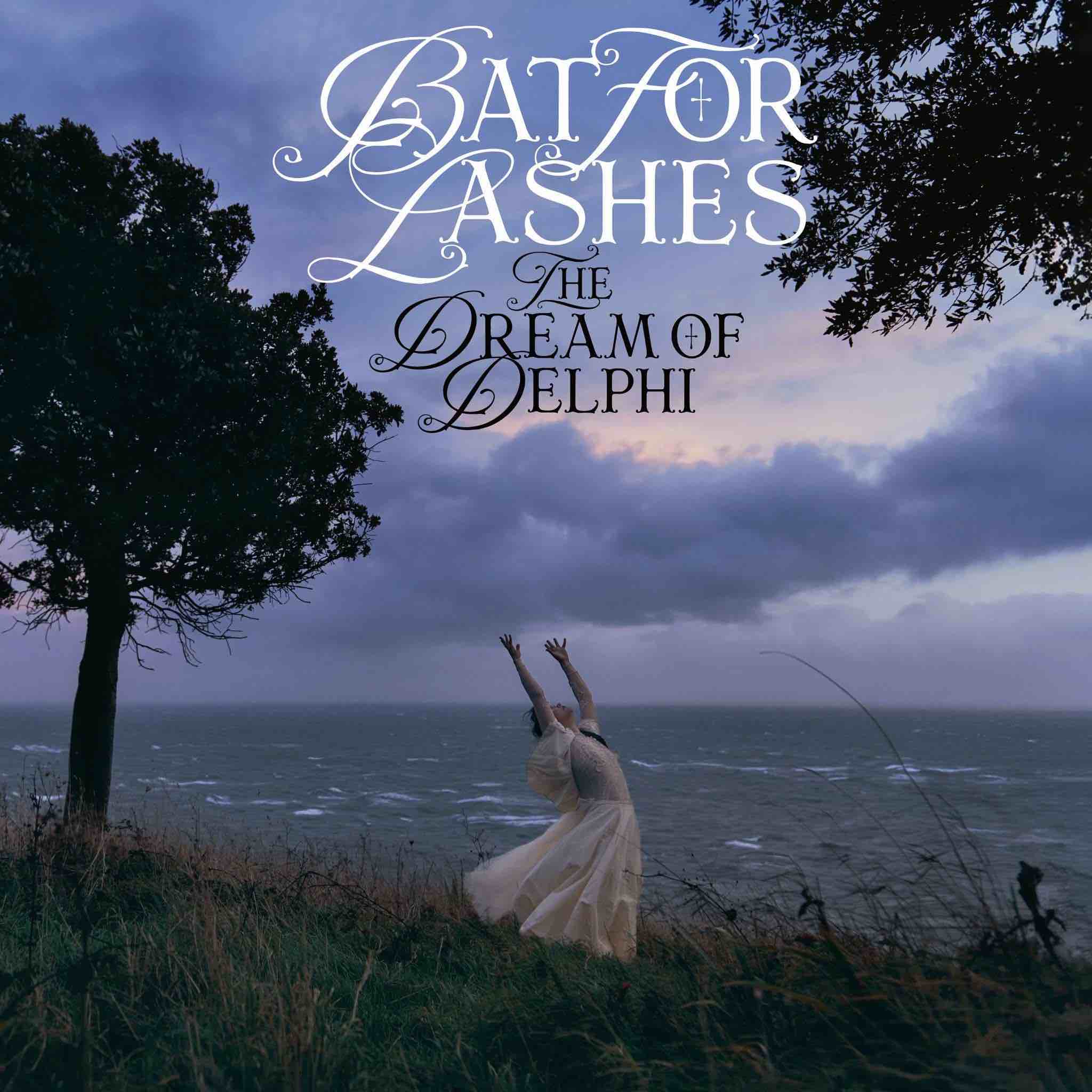Bat for Lashes
The Dream of Delphi
MERCURY KX
Though always provocative, inventive, intelligent, and even stirring, I don’t know that I’ve always thought of British vocalist, songwriter, producer, and multi-instrumentalist Natasha Khan—the wing-spreading mammal at the center of Bat for Lashes and its many complexities—as deeply emotional. Not that she had to be. Like the Banshees that she once worshiped, there has forever been a cool and studied distance and sleek standoffishness to even the most sensual sensations of Khan’s dramatic art-rock sounds, almost as if she was planning something broader and epic around each of her complicated albums’ not-so-humble narratives (supposedly her last two albums, 2016’s The Bride and 2019’s Lost Girls, have screenplays developed around them).
With The Dream of Delphi, however, it seems as if Khan’s always-crowded mind (and its equally stuffed-to-the-gills arrangements) have been quieted a bit, made sparer, and driven to loving poignancy with the birth of her daughter in 2020, in addition to references to the songwriter’s own father littered throughout her sixth studio album. From the wordless wonder of “The Midwives Have Left” to the folksy, folkie electronic prayer of the title track to the twinkling, tingling melancholy realizations of “Christmas Day” (“You’re a gift that I’ll come to give away, in time”), everything about The Dream of Delphi speaks to the pleads and needs of a parent and child’s bonds. That Khan has stripped down (or out) her usual rabid instrumental décor and left things wide open for her voice to stretch with the sinew of such an emotional lyrical display—this is truly Bat for Lashes’ best work without having lost an ounce of her theatricality.









